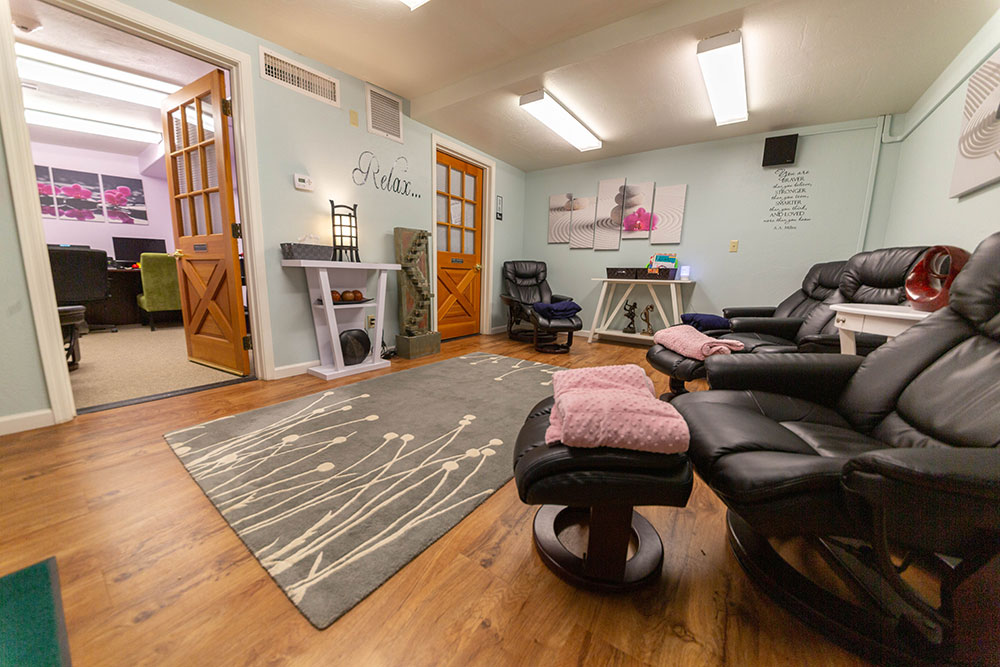Let’s face it: There’s almost always something to feel anxious about as a member of the human race. A quick scroll through your newsfeed reveals dozens of new phenomena to feel nervous about hourly. Factor in a sick parent, student debt, a big test, an important job interview, or relationship struggles, and anyone’s anxiety is bound to kick into overdrive.
These feelings of worry or nervousness, while unpleasant and unwelcome (particularly in the wee hours of the night!), are natural. Sometimes that signal that something isn’t quite right can even help you avoid danger and make important and meaningful life changes.
But there’s another kind of anxiety, the non-helpful, persistent, pervasive variety that disrupts the normal rhythms of daily life so significantly that it hampers your work, education, or social life. It can be the mark of an anxiety disorder, something nearly one-third of adults in the United States will struggle with at one time or another.
A condition affecting more women than men, anxiety disorders can leave sufferers so consumed by fear and utterly drained of energy that they are unable to maintain relationships and participate in usual activities.



